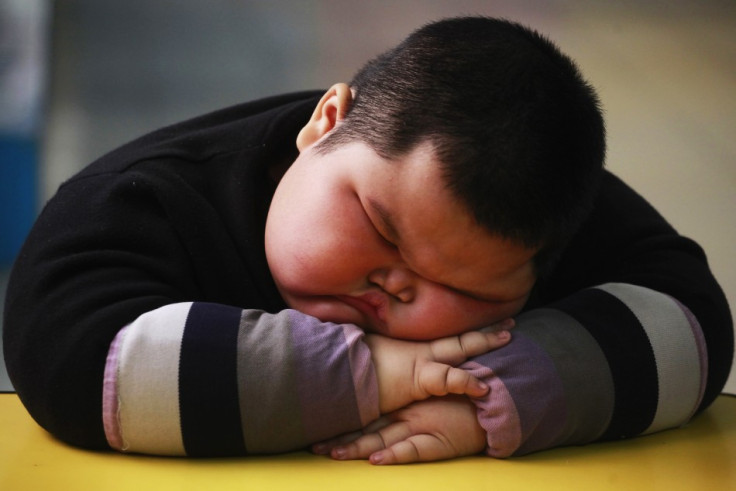Online junk food ads aimed at children to be banned
New rules in July 2017 will extend existing ban on TV advertising to all other media including the internet.

Online junk food ads targeting children have been banned in a bid to tackle childhood obesity at a time when under-16s are spending increasing amounts of time online.
New rules, drawn up by the Committee on Advertising Practice (CAP), extend the existing ban on advertising sugary and high fat foods and drinks during children's television programmes, to all non-broadcast media including the internet, cinema and print.
The CAP's new measures come after a summer in which the government's obesity strategy was roundly criticised for not being tough enough on food and drinks manufacturers.
From 1 July 2017, the new CAP rules mean that:
- Ads that directly or indirectly promote a junk food product cannot appear in children's media
- Ads for junk food products cannot appear in other media where children make up over 25% of the audience
- Ads for junk food products will not be allowed to use promotions, licensed characters and celebrities popular with children; advertisers may now use those techniques to better promote healthier options
- The Department of Health nutrient profiling model will be used to classify which products are junk food
James Best, CAP chairman, said: "Childhood obesity is a serious and complex issue and one that we're determined to play our part in tackling. These restrictions will significantly reduce the number of ads for high, fat, salt or sugar products seen by children.
"Our tough new rules are a clear demonstration that the ad industry is willing and ready to act on its responsibilities and puts the protection of children at the heart of its work."
Research has shown that children are highly susceptible to junk food advertising: becoming hungry after being exposed to advertisements.
© Copyright IBTimes 2025. All rights reserved.



















